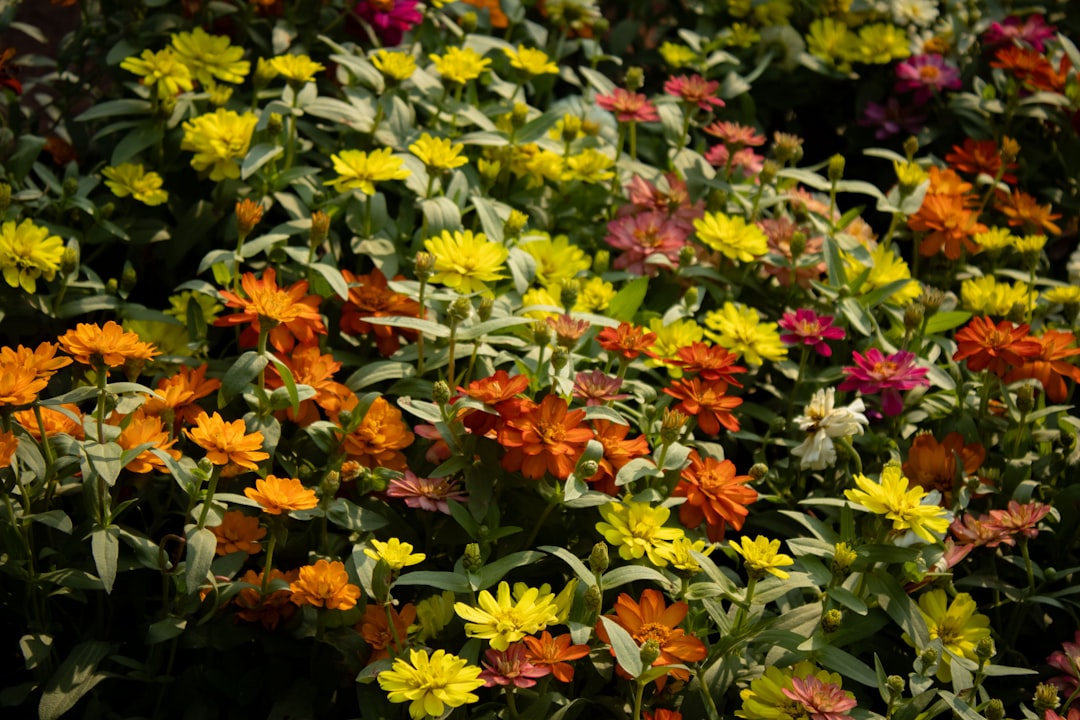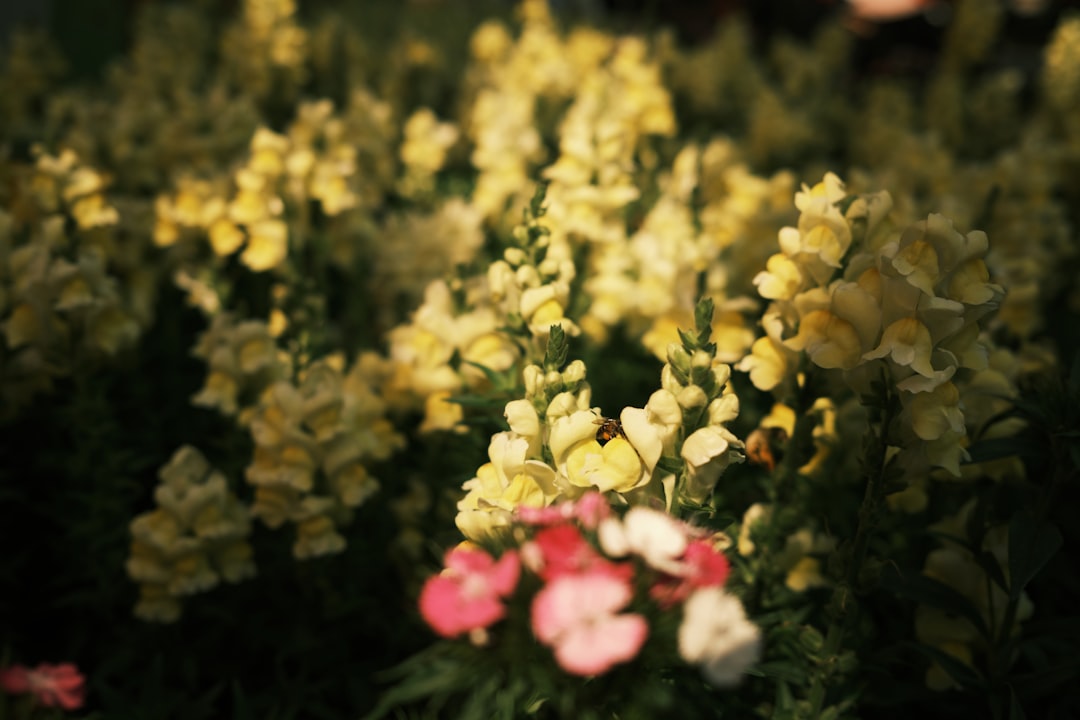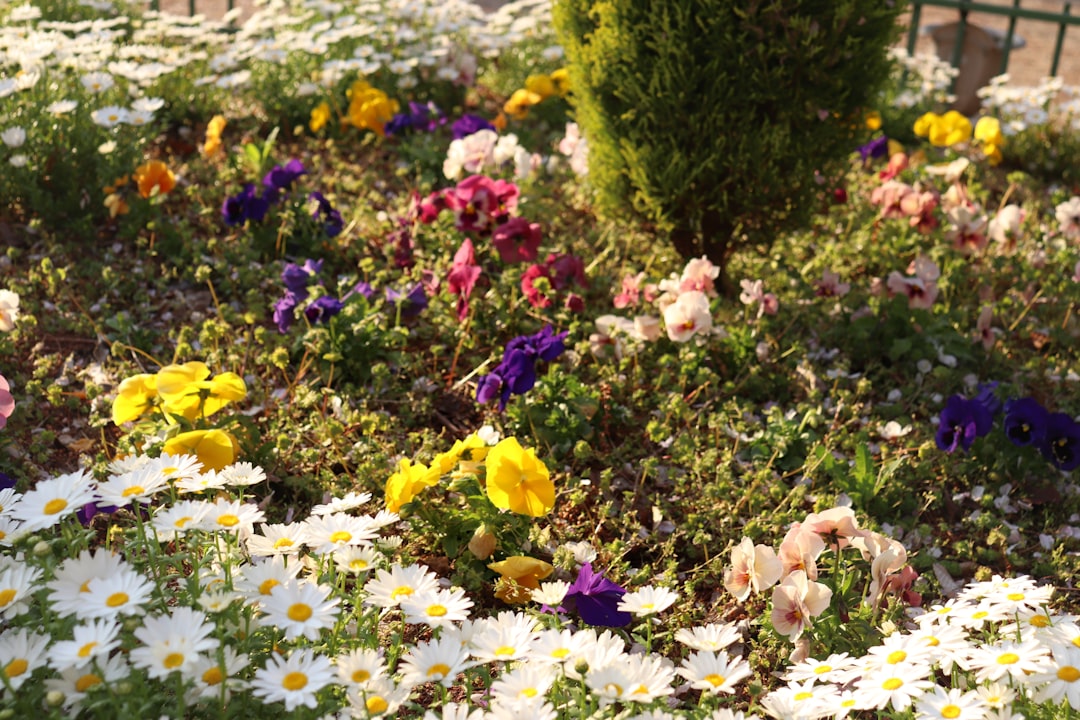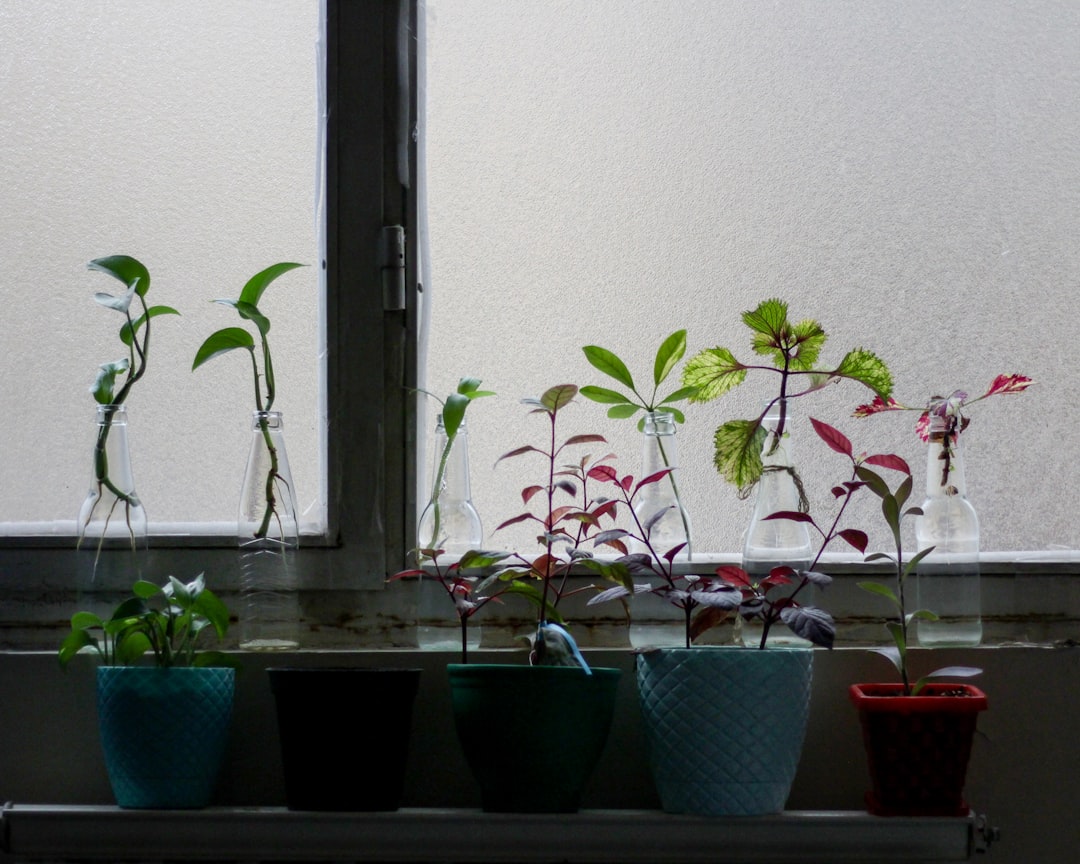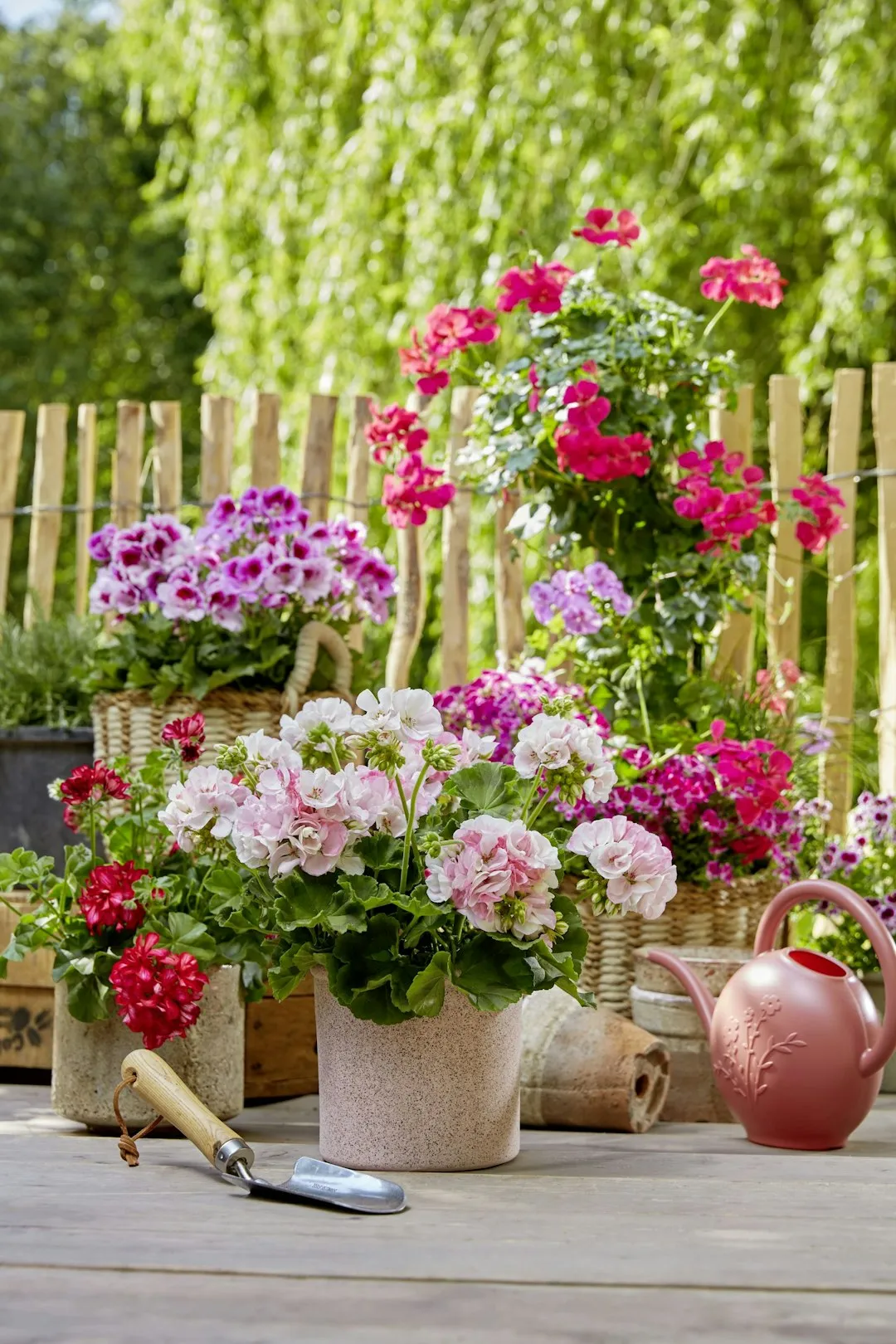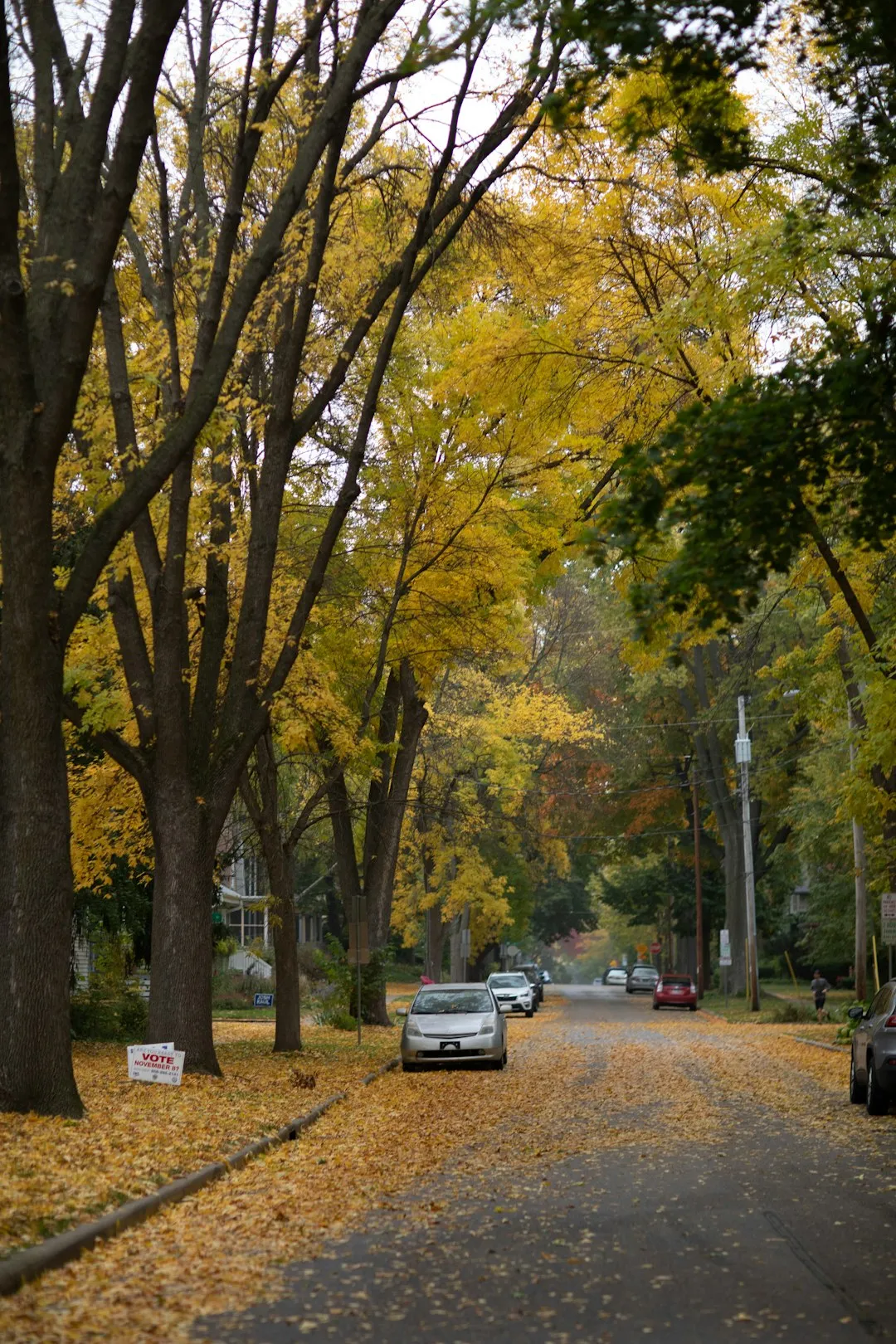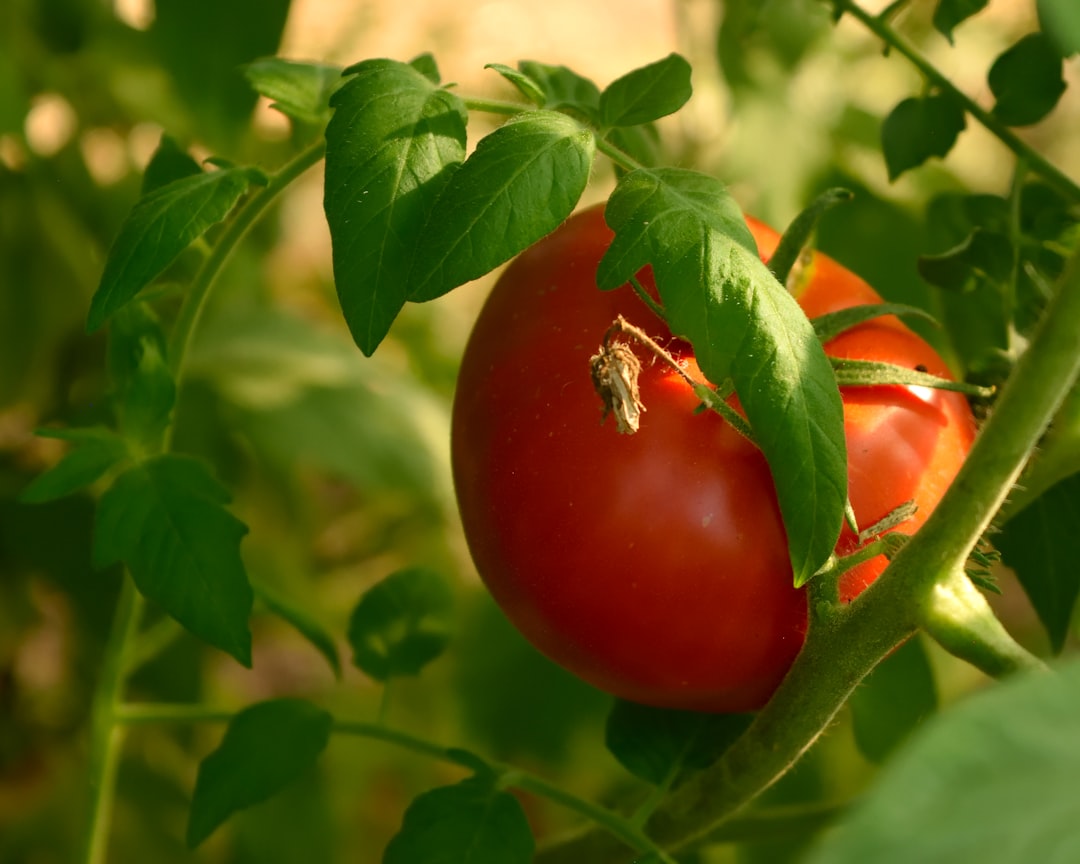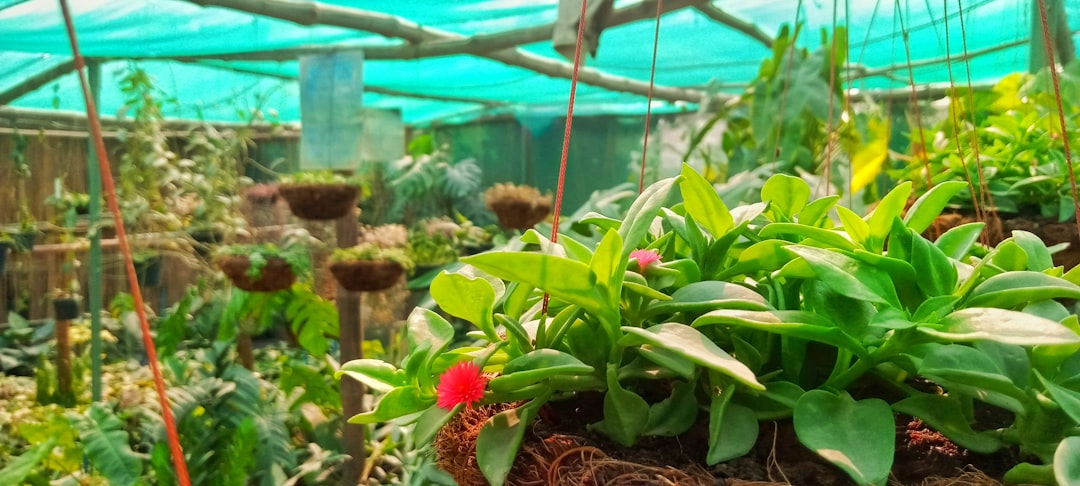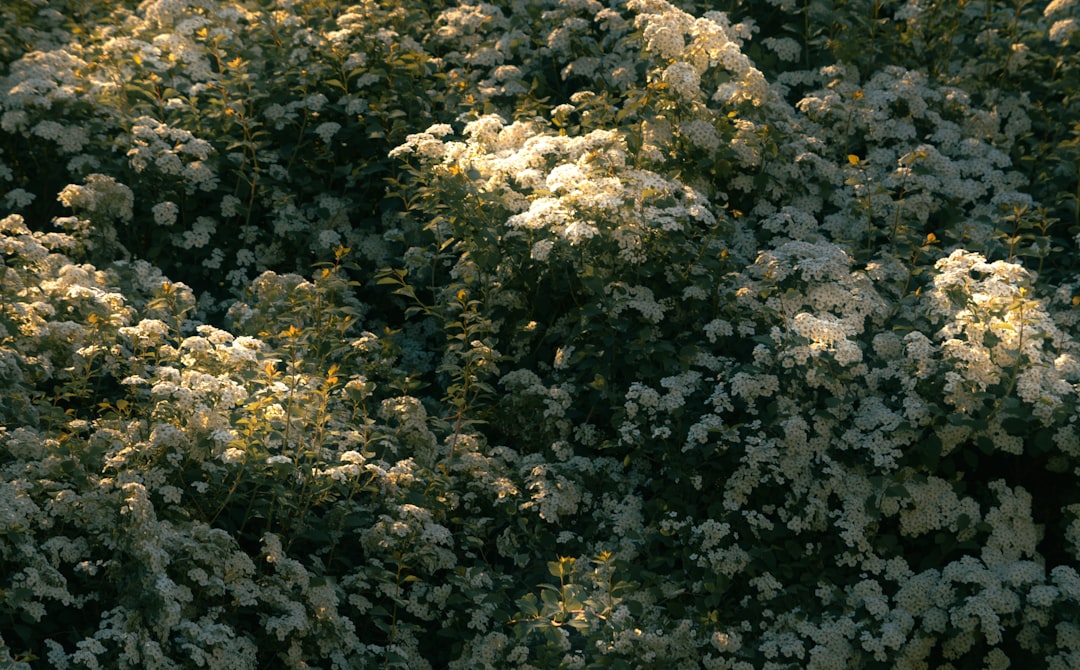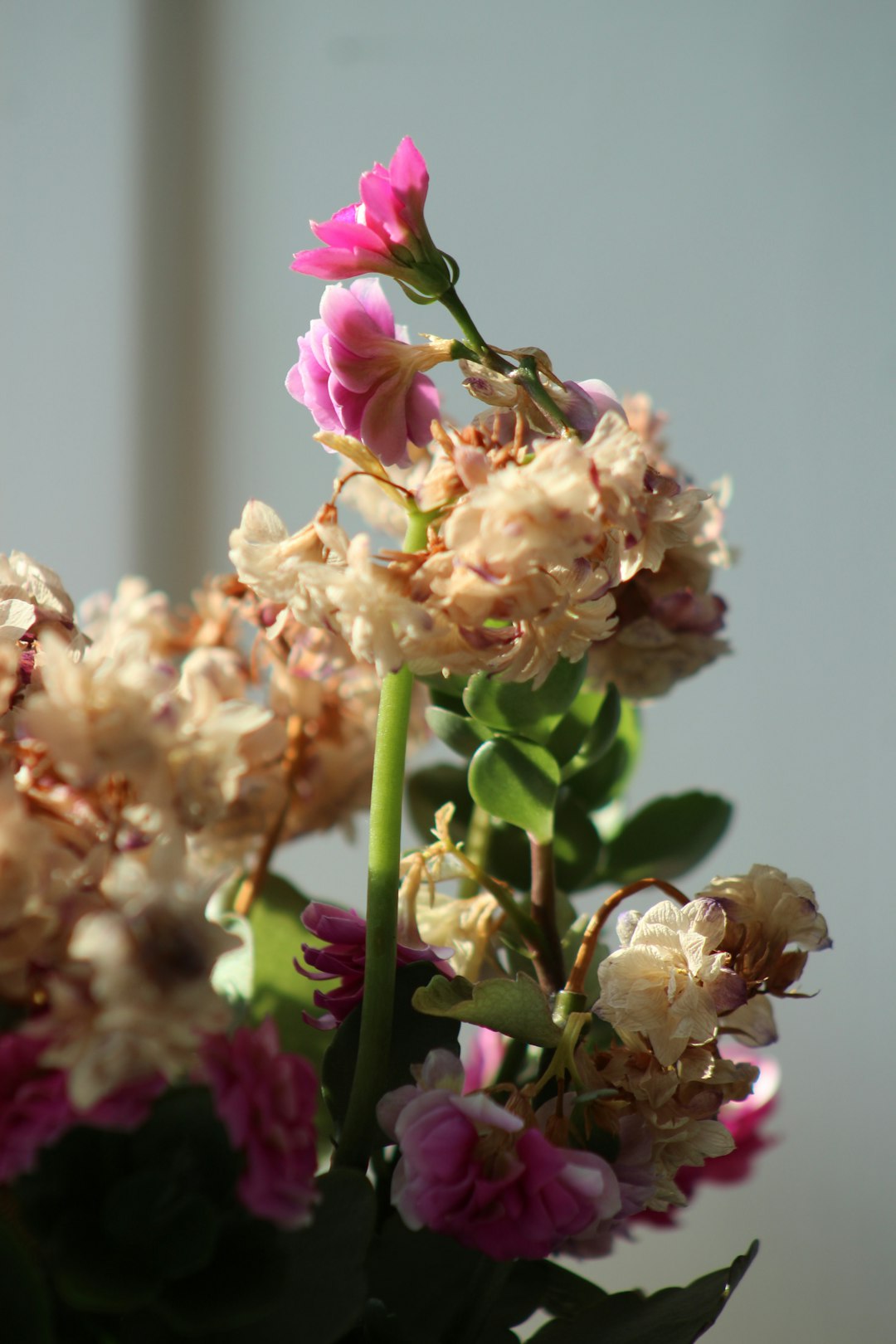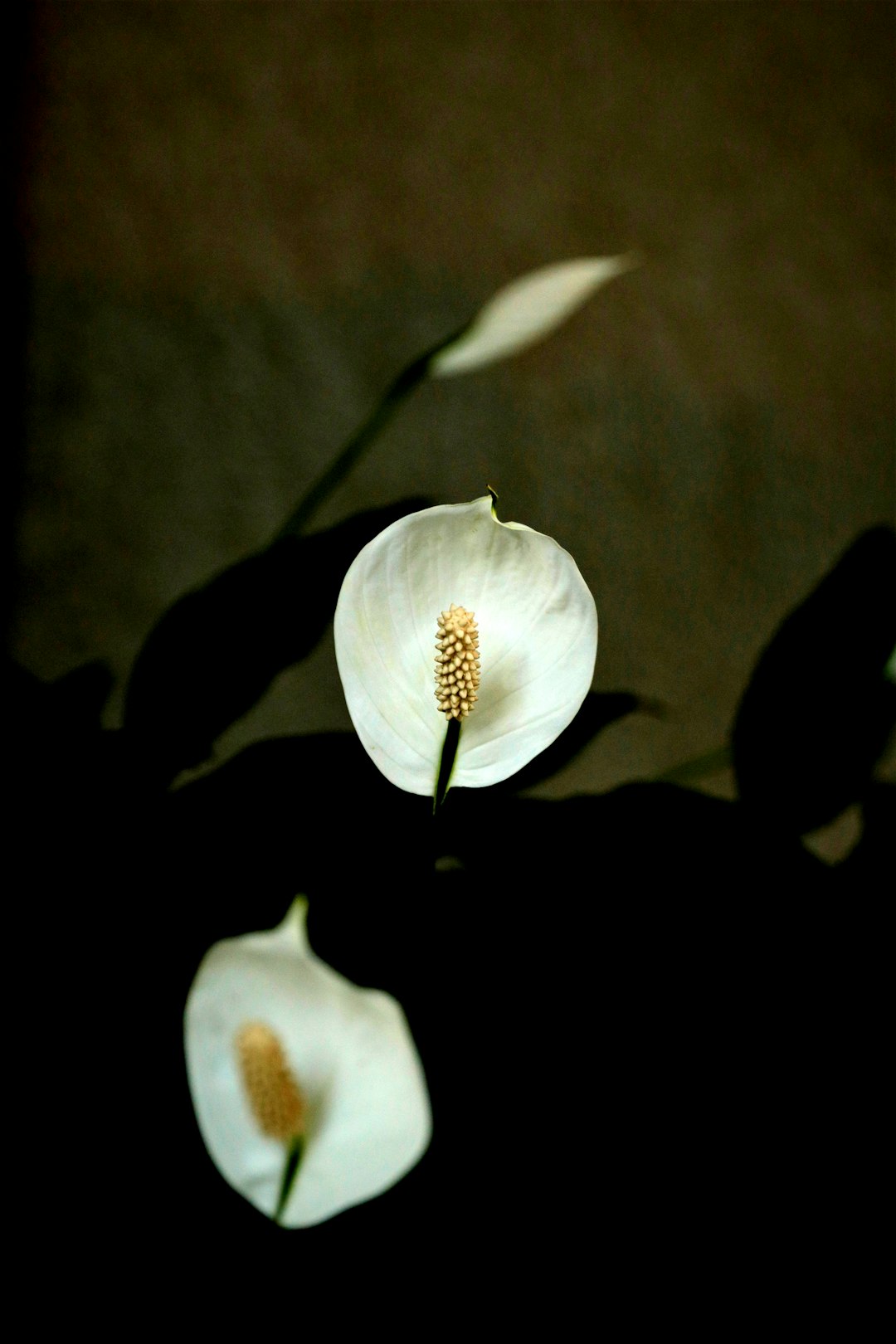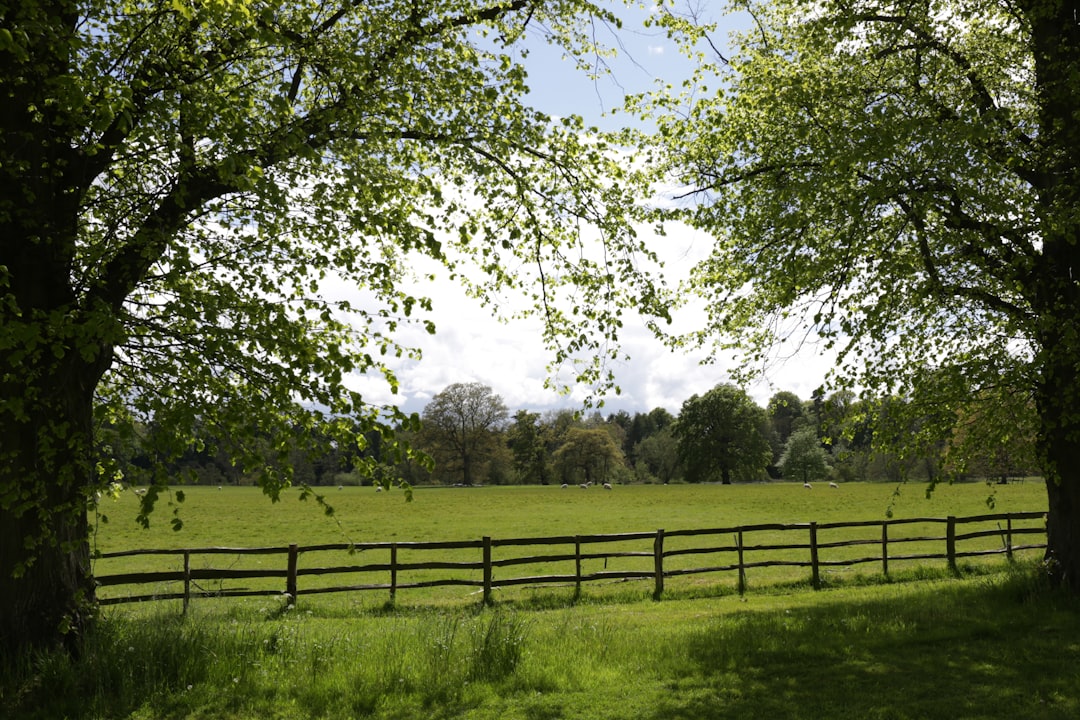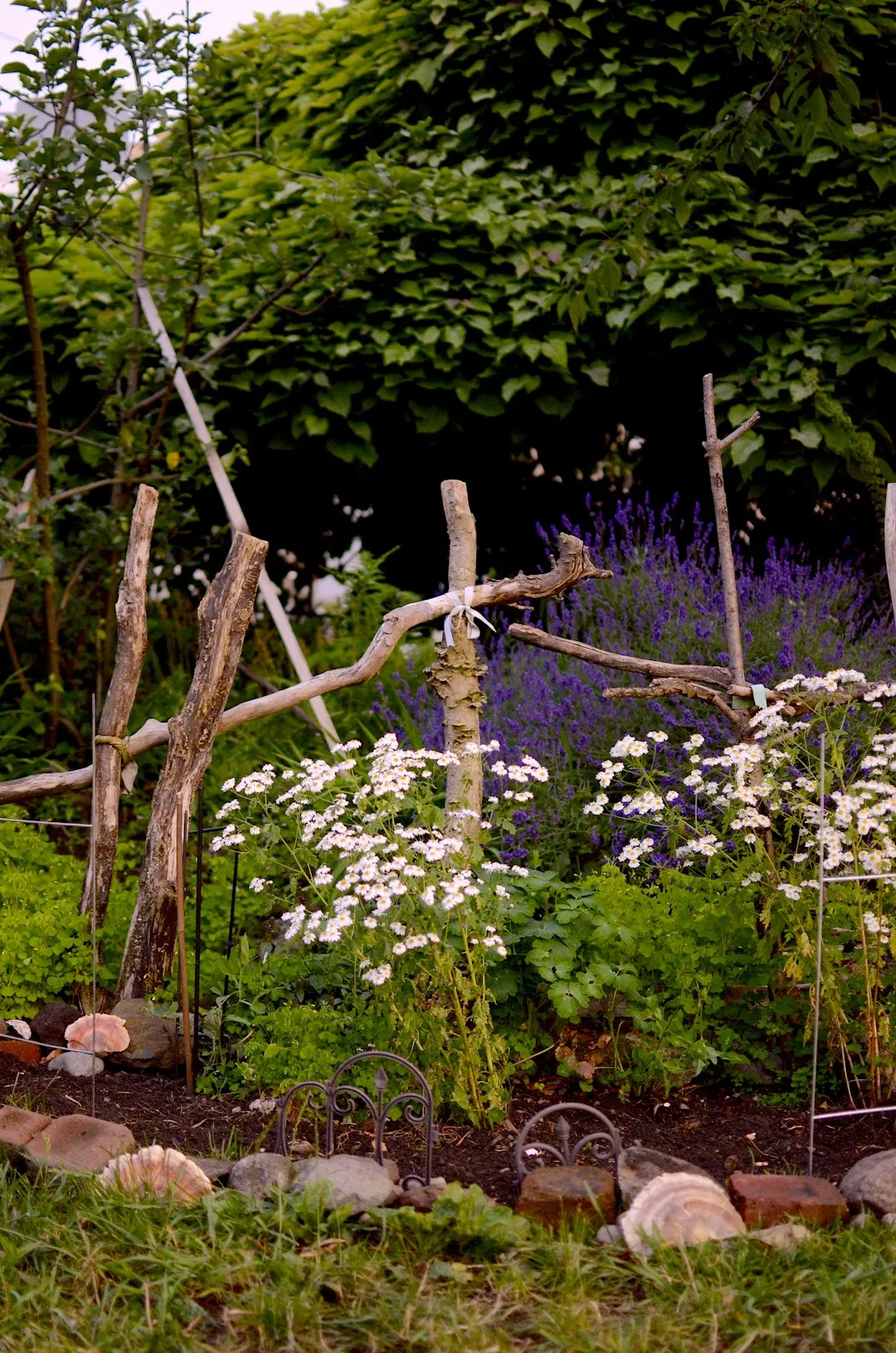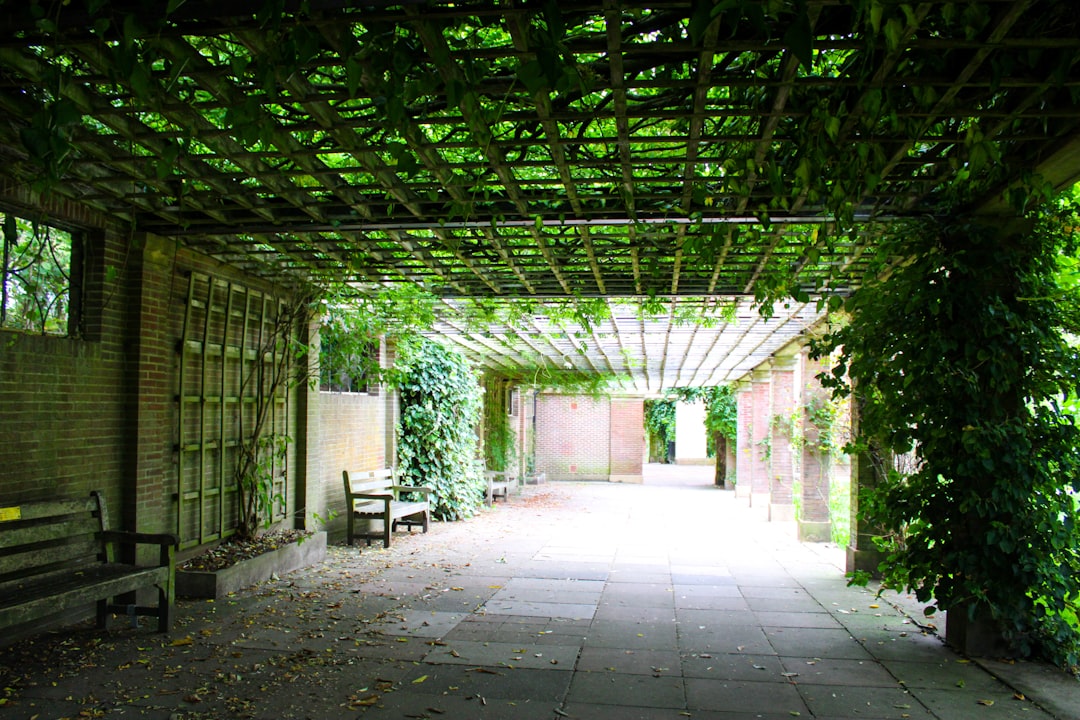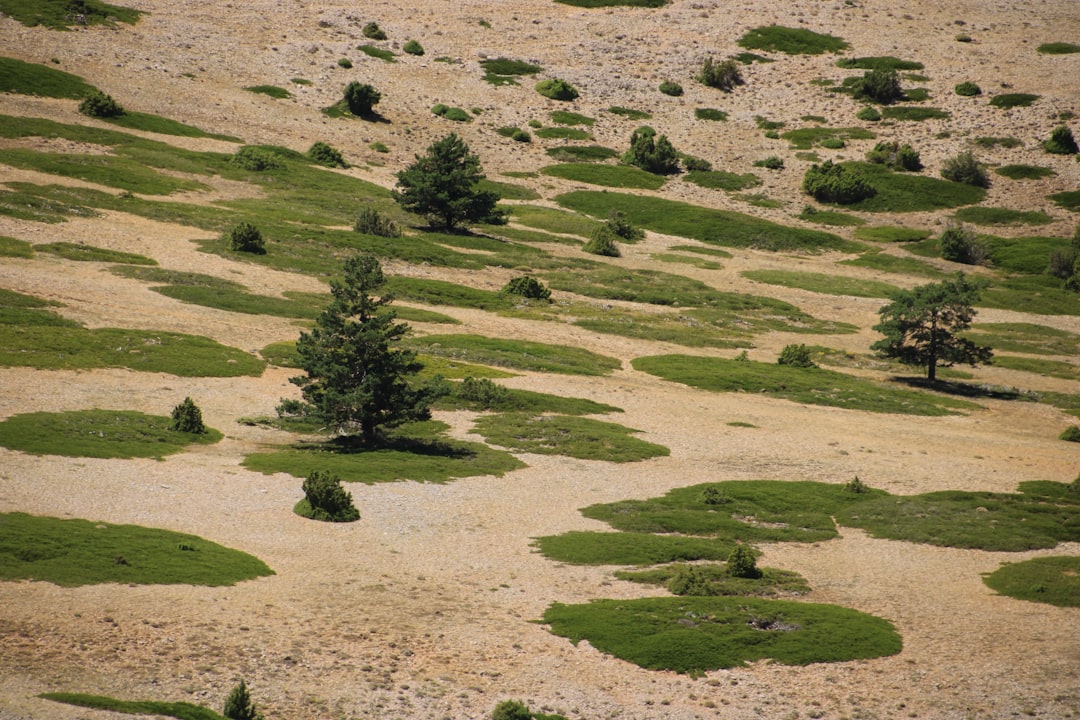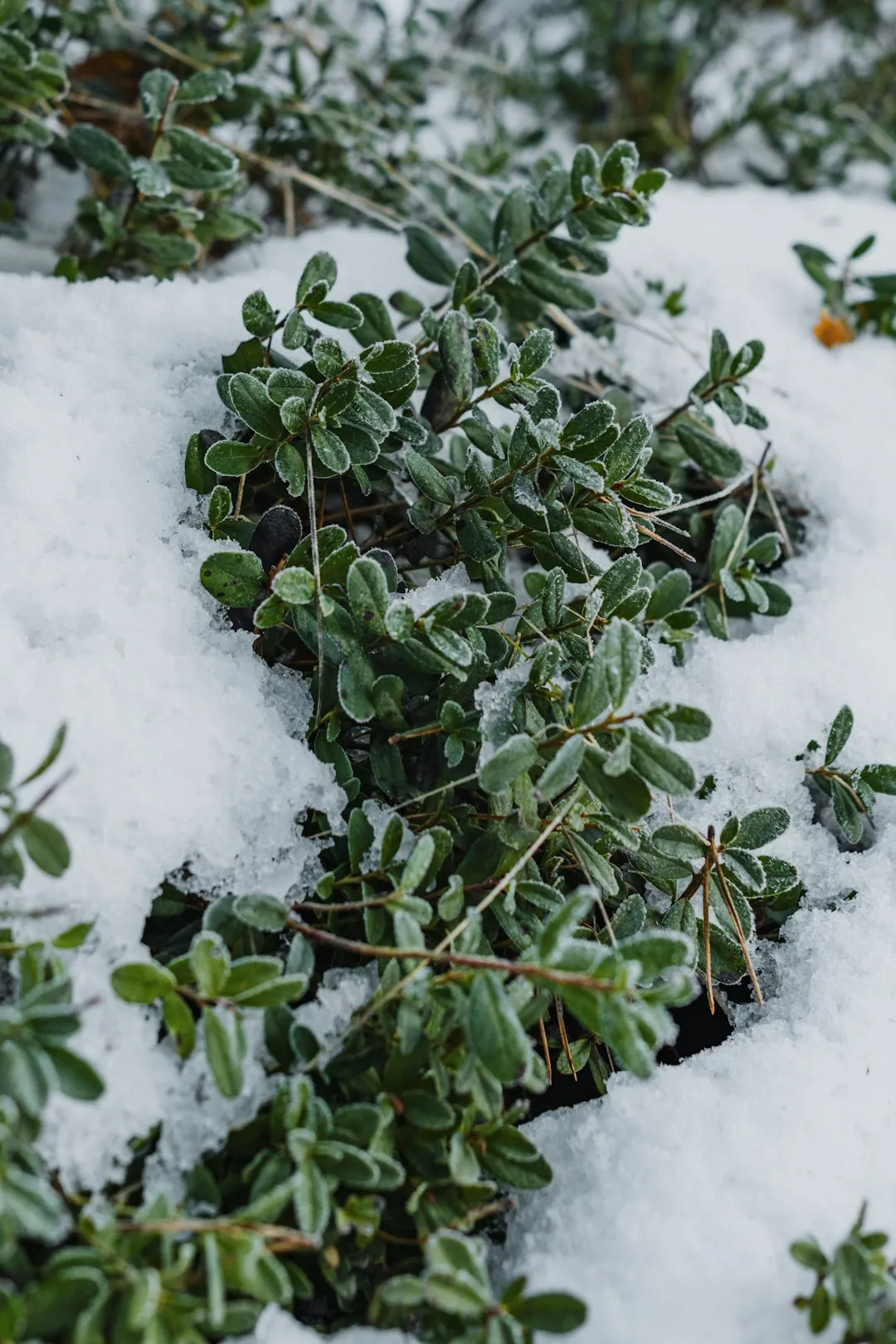
When it comes to maintaining a vibrant and healthy yard, the quality of your gardening soil plays a pivotal role. During the winter months, many gardeners think that their yards are in a state of dormancy, but this is actually an opportune time to revitalize the soil. There are several easy - to - grow plants that can work wonders for your soil, offering a range of benefits from adding nitrogen to suppressing weeds.
One of the key advantages of these winter - friendly plants is their ability to fix nitrogen. Nitrogen is an essential nutrient for plant growth, and many soils can become depleted of it over time. Legumes, such as clover and vetch, are excellent nitrogen - fixing plants. They have a symbiotic relationship with bacteria in the soil. These bacteria live in nodules on the roots of the legumes and convert atmospheric nitrogen into a form that plants can use. When these legumes are incorporated back into the soil, they release this fixed nitrogen, enriching the soil for future plantings.
Clover, for instance, is a low - growing plant that spreads quickly. It forms a dense mat over the soil surface, which not only helps to add nitrogen but also suppresses weeds. Weeds can compete with your desired plants for nutrients, water, and sunlight. By covering the soil with clover, you reduce the amount of bare ground available for weed seeds to germinate. This means less time spent pulling weeds in the spring and summer.
Vetch is another great option. It has long, vining stems that can grow up to several feet. Vetch is a hardy plant that can tolerate cold temperatures well. It not only fixes nitrogen but also provides excellent ground cover. The dense foliage of vetch shades the soil, preventing weed growth and reducing soil erosion. In addition, vetch's deep roots help to break up compacted soil, improving its structure and allowing for better water infiltration and root penetration.
Another group of plants that are beneficial for winter soil care are rye grasses. Winter rye is a popular choice among gardeners. It grows quickly and forms a thick stand of grass. The extensive root system of winter rye helps to hold the soil in place, preventing erosion during heavy winter rains or snowmelt. As the rye grows, it takes up nutrients from the soil, preventing them from leaching away. When the rye is cut down and tilled into the soil in the spring, these nutrients are released back into the soil, making them available for new plantings.
Mustard greens are also worth considering. They are fast - growing and can be sown in the fall. Mustard greens have a biofumigant effect on the soil. When the leaves and roots of mustard greens are chopped and incorporated into the soil, they release compounds that can suppress soil - borne pests and diseases. This natural pest control method is an environmentally friendly alternative to chemical pesticides.
To get the most out of these soil - revitalizing plants, proper planting and management are crucial. Start by preparing the soil before planting. Remove any large debris and loosen the soil to a depth of a few inches. Sow the seeds according to the recommended spacing and depth on the seed packet. Water the newly planted seeds gently to ensure good germination.
During the winter, monitor the growth of the plants. If the plants grow too tall and start to flop over, you can cut them back slightly. In the spring, before you start your regular gardening, you need to incorporate these plants back into the soil. You can use a tiller or a garden fork to turn the plants under. Make sure to do this a few weeks before you plan to plant your main crops to allow the plants to decompose fully.
In conclusion, caring for your yard's soil during the winter is a proactive step towards a successful gardening season. By planting these easy - to - grow plants, you can improve the soil's fertility, structure, and health. Whether it's adding nitrogen with legumes, suppressing weeds with clover and vetch, preventing erosion with rye grasses, or controlling pests with mustard greens, there are plenty of options to choose from. So, don't let your yard sit idle during the winter. Take advantage of these natural soil - revitalizing plants and watch your garden thrive in the coming seasons.

